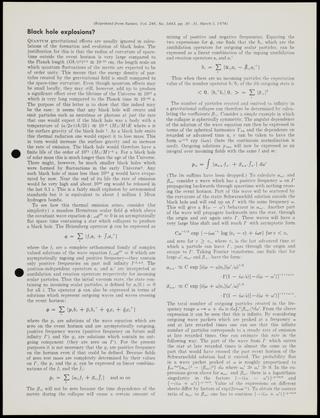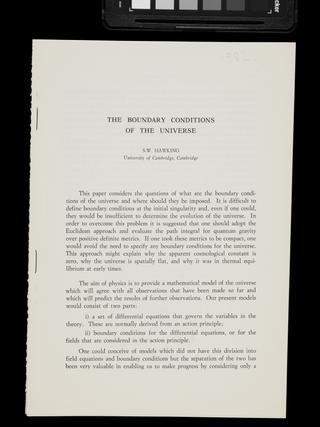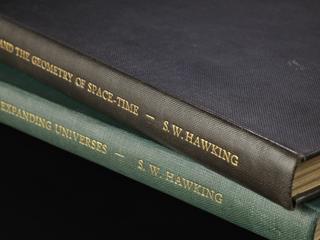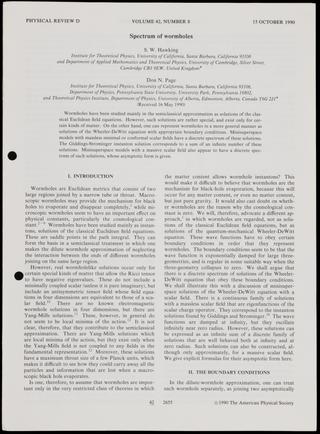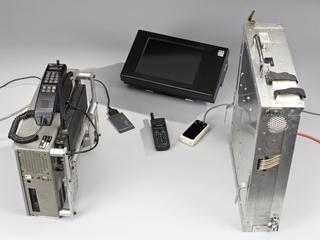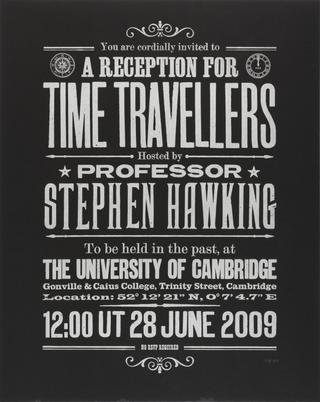
Custom control switch








Custom control switch, labelled ‘35 65 95’.
In addition to the technological objects that were in Hawking’s office in his last years, the Science Museum Group has a significant collection of his wheelchairs and electronic equipment which supported his mobility and communication. These items represent three decades of innovation and tinkering in response to the challenges originating from Hawking’s progressing disability. This comprehensive group of objects bears testament to the technological progress in mobility over a generation, and to Stephen's growing needs as his condition worsened.
When Hawking first started using this office, he could still operate his own wheelchair, and he interacted with his computers using clickers in both hands. Over subsequent years, it became increasingly difficult to use his hands to drive or operate his communications interface, requiring new, creative solutions.
During the two decades in this office, Hawking’s condition worsened. Many different external groups provided solutions, including companies specialising in disability aids, and teams within larger companies such as Intel, Google and Microsoft. Most significant however were the 'tinkering' innovations by Hawking’s 'Graduate Assistants' (GAs), who were in day-to-day charge of these technologies, and constantly tried out improvements. In the last two decades of his life, Hawking went from operating his computers using manual clickers, to a system that detected the movement of his cheek with infrared light. There were also regular attempts to modernise his synthesizer system, a task that turned out quite challenging as Hawking considered the 1980s synthetic voice his own. A quite comprehensive lineage of these technological improvements, which would have been kept in the GA's office next door, are now preserved as part of the collection.
Details
- Category:
- Stephen Hawking Office
- Collection:
- Stephen Hawking’s Office
- Object Number:
- 2021-561/547
- Materials:
- metal (unknown) and plastic (unidentified)
- Measurements:
-
overall: 45 mm x 60 mm x 88 mm, .07 kg
- type:
- switch
- credit:
- Accepted in lieu of Inheritance Tax by H M Government from the Estate of Stephen Hawking and allocated to the Science Museum, 2021
